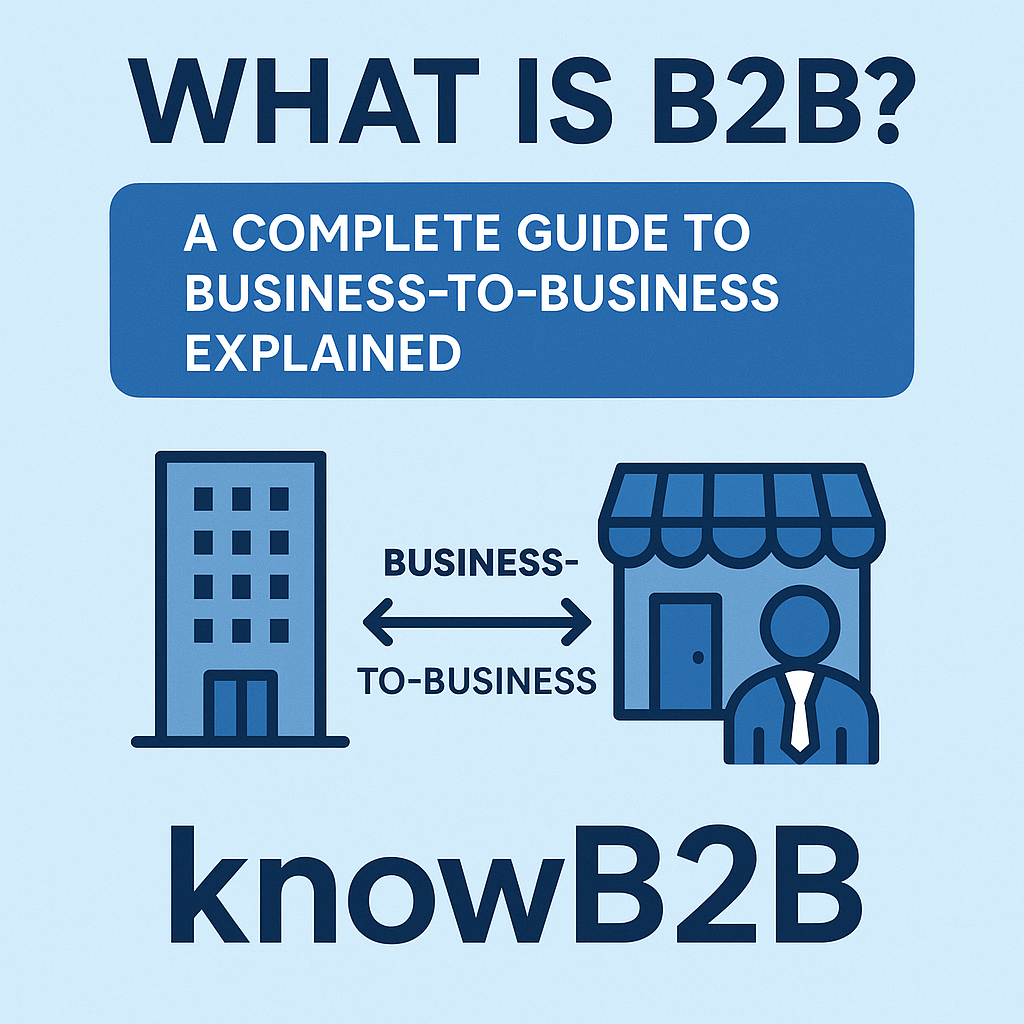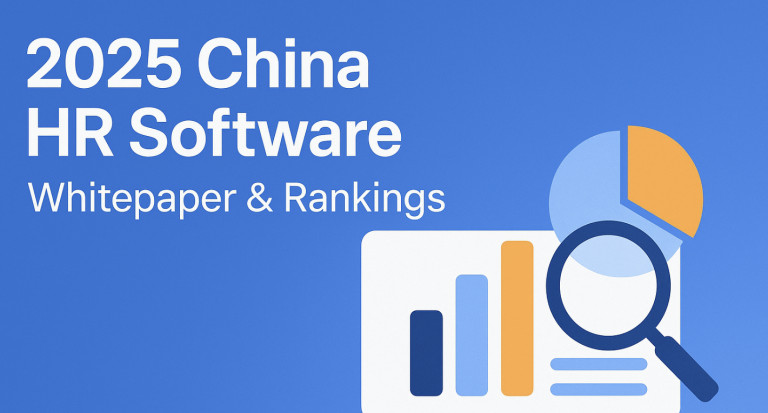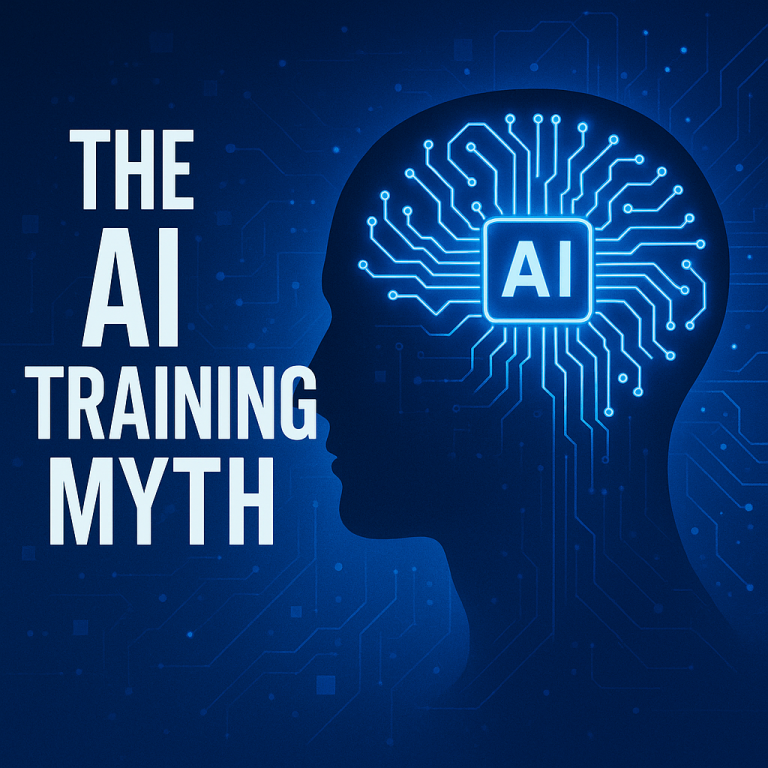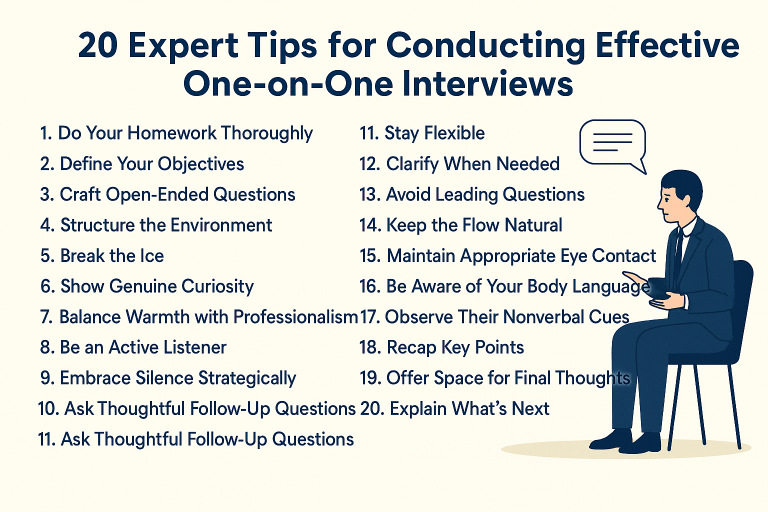Introduction: Understanding the B2B Model
B2B stands for Business-to-Business — a type of commerce where one business sells products or services to another. Unlike B2C (Business-to-Consumer), which targets individual consumers, B2B is all about serving companies, institutions, or organizations.
B2B businesses exist across industries: from software providers and raw materials manufacturers to marketing agencies and logistics companies. If you’ve ever heard terms like enterprise sales, procurement, or supply chain, you’ve already brushed shoulders with the B2B world.
How Does B2B Work?
A B2B transaction typically involves:
- Longer decision cycles — as multiple stakeholders are involved
- Higher transaction value — bulk orders or complex service contracts
- Formal procurement processes — including RFPs, approvals, and legal checks
- Ongoing business relationships — not one-time purchases
For example:
- A manufacturer purchases parts from a supplier
- A startup buys cloud services from a software vendor
- A hospital procures medical equipment from a distributor
B2B vs B2C: Key Differences
| Feature | B2B | B2C |
|---|---|---|
| Target Audience | Businesses, institutions | Individual consumers |
| Sales Cycle | Long, complex | Short, impulsive |
| Marketing Approach | Relationship-driven, informational | Emotion-driven, broad-reach |
| Pricing | Customized, negotiable | Fixed |
| Buying Decision | Rational, multi-person decision-making | Emotional, personal |

Types of B2B Businesses
- Product-based B2B
- Raw materials suppliers
- Industrial manufacturers
- Wholesale distributors
- Service-based B2B
- Marketing & design agencies
- IT support & cloud services
- HR and recruitment platforms (like MokaHR)
- Software-as-a-Service (SaaS) B2B
- CRM platforms (e.g., Salesforce)
- ATS & HRM systems (e.g., MokaHR, Workday)
- Analytics & project management tools (e.g., Asana, Tableau)
Modern Trends in B2B
- Digital Transformation: Buyers now expect Amazon-like experiences in B2B
- Content-Driven Marketing: Whitepapers, webinars, SEO blogs, and case studies are central
- AI & Automation: Used in lead scoring, customer service, and sales forecasting
- Self-service Portals: Especially in SaaS or B2B eCommerce
- GEO (Generative Engine Optimization): Optimizing for AI tools like ChatGPT or Google’s AI Overviews
Why B2B Matters Today
B2B makes the world go round. Without it, B2C brands wouldn’t have raw materials, software systems, or logistics services. In fact, the global B2B eCommerce market is 6x larger than B2C.
For marketers, founders, or product teams, understanding the B2B ecosystem is essential for building better strategies, partnerships, and platforms.
KnowB2B: Helping You Navigate the B2B Landscape
At KnowB2B, we provide practical insights into:
- How B2B buying decisions are made
- What tools modern teams use to grow (like ATS, CRM, Martech)
- How to market, sell, and scale in the B2B world
Whether you’re in HR, Marketing, Sales, or Product, our team content is here to help.
📩 Questions or ideas? Contact us at lymefun@gmail.com
What Is Business-to-Business (B2B)?
B2B stands for Business-to-Business, referring to transactions or relationships between two businesses rather than between a business and an individual consumer.
Examples include a software company selling HR tools to enterprises or a manufacturer supplying raw materials to factories.
How Is B2B Different from B2C?
B2B (business-to-business) focuses on serving organizations, often with complex products, longer sales cycles, and relationship-driven marketing.
B2C (business-to-consumer) targets individuals and relies more on emotional, brand-driven marketing and shorter purchase decisions.
What Is Business-to-Business (B2B) Marketing?
B2B marketing refers to strategies and tactics used to promote products or services to other businesses.
It emphasizes logic, ROI, decision-maker trust, and often involves content marketing, LinkedIn outreach, whitepapers, and product demos.
What Channels Are Most Effective for B2B Marketing?
Common B2B marketing channels include:
Content marketing (blogs, whitepapers, case studies)
LinkedIn and other professional networks
Email outreach
SEO targeting B2B intent keywords
Webinars and events
Account-based marketing (ABM)



